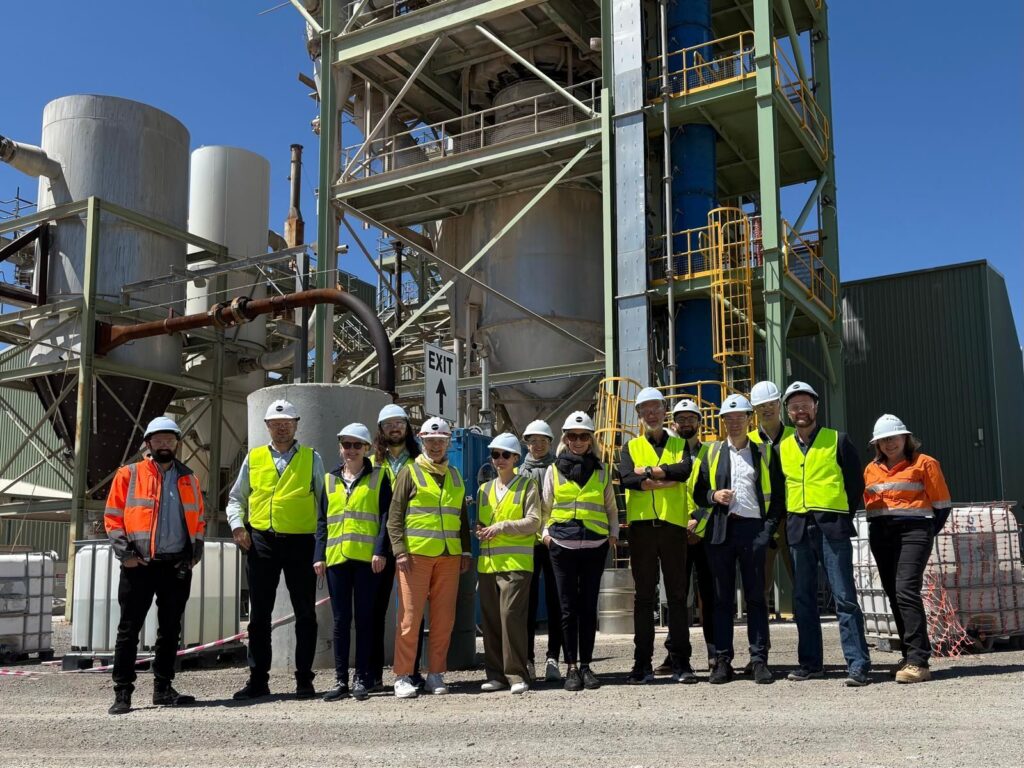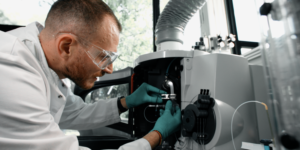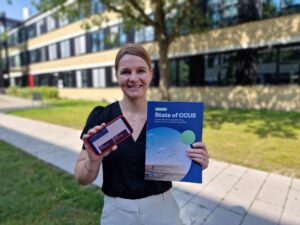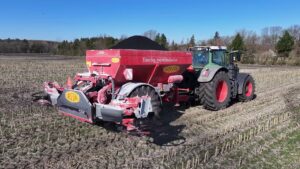Innovative solutions to reduce CO2 emissions are central to Australia’s climate strategy. The country has made carbon capture and storage a key focus, launching its first full-scale facility in 2016 and actively working on several major projects to enhance its capacity.
In November, a Danish delegation of ten leading carbon capture, utilisation and storage (CCUS) specialists travelled to Australia to exchange knowledge and explore opportunities for collaboration with the local CCUS community. The purpose of the tour was to learn from Australia’s advancements in CCS while sharing Denmark’s expertise in sustainable climate solutions.
INNO-CCUS Partnership Director Karina M. Søgaard took part in the tour, which was organised by ATV (the Danish Academy of Technical Sciences) and Green Hub Denmark with support from the Danish Energy Agency. She returns home with new inspiration and insights on both the progress and the challenges facing CCUS in Australia:
“The tour offered a unique opportunity to witness Australia’s advancements first-hand and see how they approach the challenge of building a sustainable CCUS industry. It was interesting to learn that while the country is ahead in implementation, significant challenges remain in establishing a robust regulatory framework and scaling solutions to achieve meaningful emissions reductions. This opens the door for Denmark and Australia to share expertise and work together to address common challenges.”
Significant potential for collaboration
The delegation tour is part of a broader effort to strengthen collaboration between Denmark and Australia on climate action and the green transition. By connecting innovation communities in both countries, the initiative aims to foster sustainable solutions that not only benefit Denmark and Australia but also hold global potential.
The delegation met with local experts, government officials, and innovative companies in Australia, establishing connections and exploring opportunities to advance CCUS collaboration.
“Although our two countries differ in our pathways to decarbonisation, we can learn a lot from each other in terms of scaling solutions and fostering innovation. This delegation sparked significant Australian curiosity about Danish CCUS initiatives and I’m excited to see what this interest may lead to. The potential for shared innovation and knowledge exchange is immense, and this tour has set the stage for even closer collaboration,” says Søgaard.
To learn more about the outcomes and insights from the delegation tour, join the webinar ‘CCUS Learnings from Australia,’ hosted by ATV on 26 February 2025 from 8:00 to 10:00: You can sign up here.






